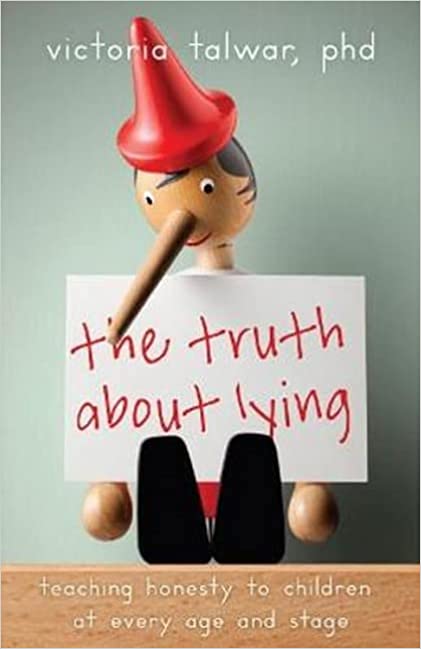2018 School Spending Survey Report
The Truth About Lying: Teaching Honesty to Children at Every Age and Stage
COPY ISBN
VERDICT A trusted voice in parenting literature, APA Lifetools guides like Talwar's are quick references filled with actionable ideas.
RELATED
ALREADY A SUBSCRIBER? LOG IN
We are currently offering this content for free. Sign up now to activate your personal profile, where you can save articles for future viewing




Comment Policy:
Comment should not be empty !!!